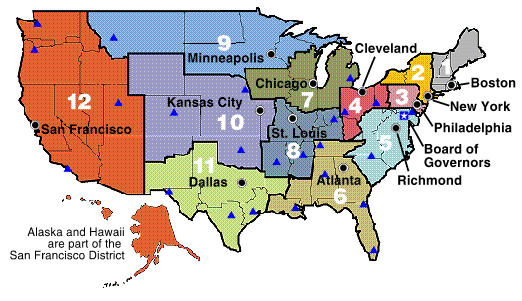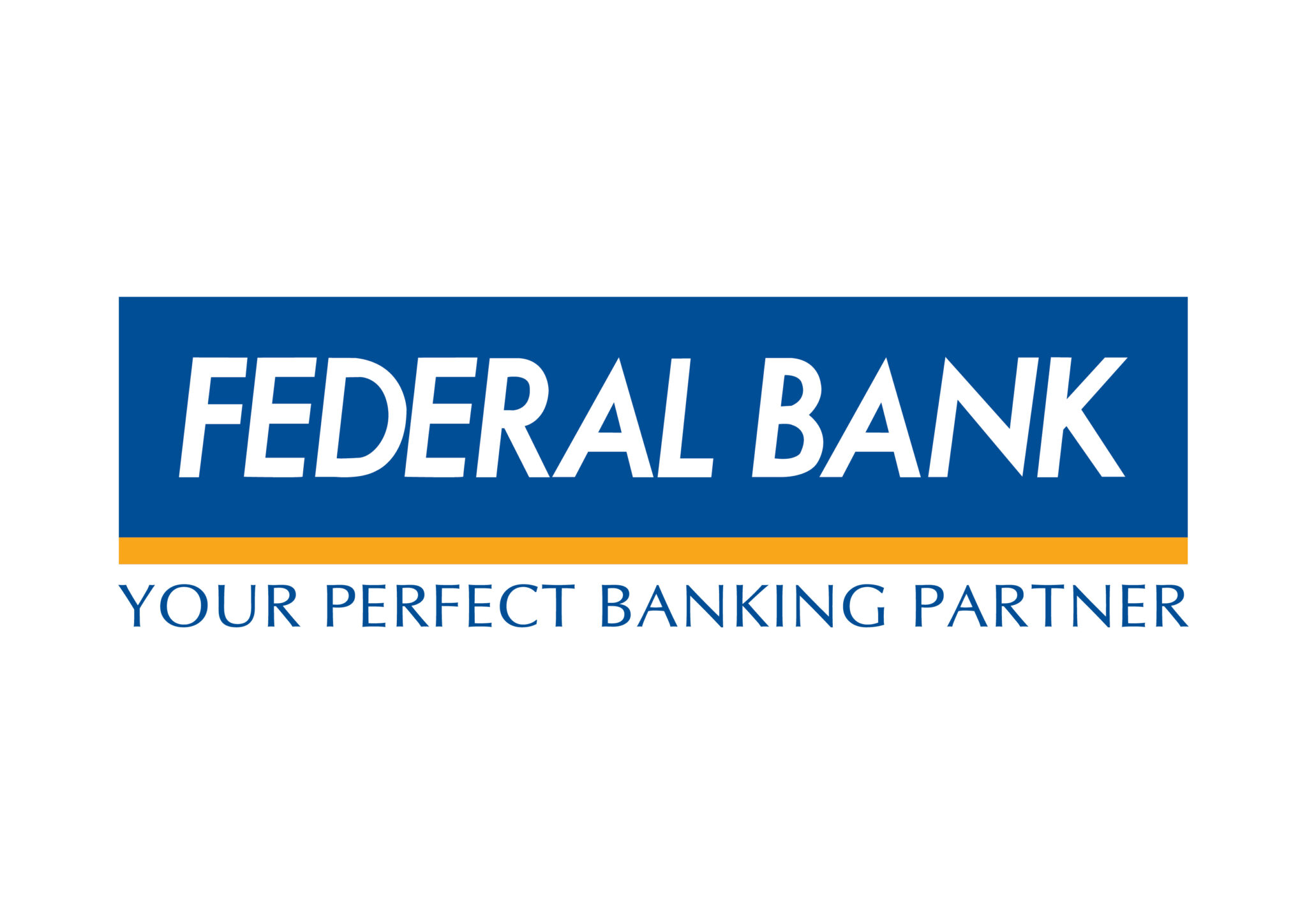
:max_bytes(150000):strip_icc()/Clipboard01-d19a4b2ed6dc4eff8a94b21a6368d012.jpg)

Much more competition in money has existed in the past. (Economists refer to paper money that is not convertible into an underlying asset like gold or silver as a "fiat" currency.) dollar) competes with others (like pounds sterling, deutsche marks, and yen) to be the currency in which international contracts and portfolio assets are denominated. Second, each national currency (like the U.S. First, private banks and financial firms compete in supplying different brands of checking accounts (also known as checkable deposits) and traveler's checks. Two sorts of monetary competition already exist today. Hayek and Milton Friedman, as well as Eugene Fama of the University of Chicago, Neil Wallace of the University of Minnesota, and Leland B.

Some leading economists have become sympathetic to laissez-faire in money, including Nobel Laureates Friedrich A. Most recently, trends in banking deregulation and important pockets of dissatisfaction with the performance of central banks (such as the Federal Reserve System in the United States) have made the question of competing money supplies topical again. What would be the consequences of applying the principle of laissez-faire to money? While the idea may seem strange to most people, economists have debated the question of competing money supplies off and on since Adam Smith's time.


 0 kommentar(er)
0 kommentar(er)
